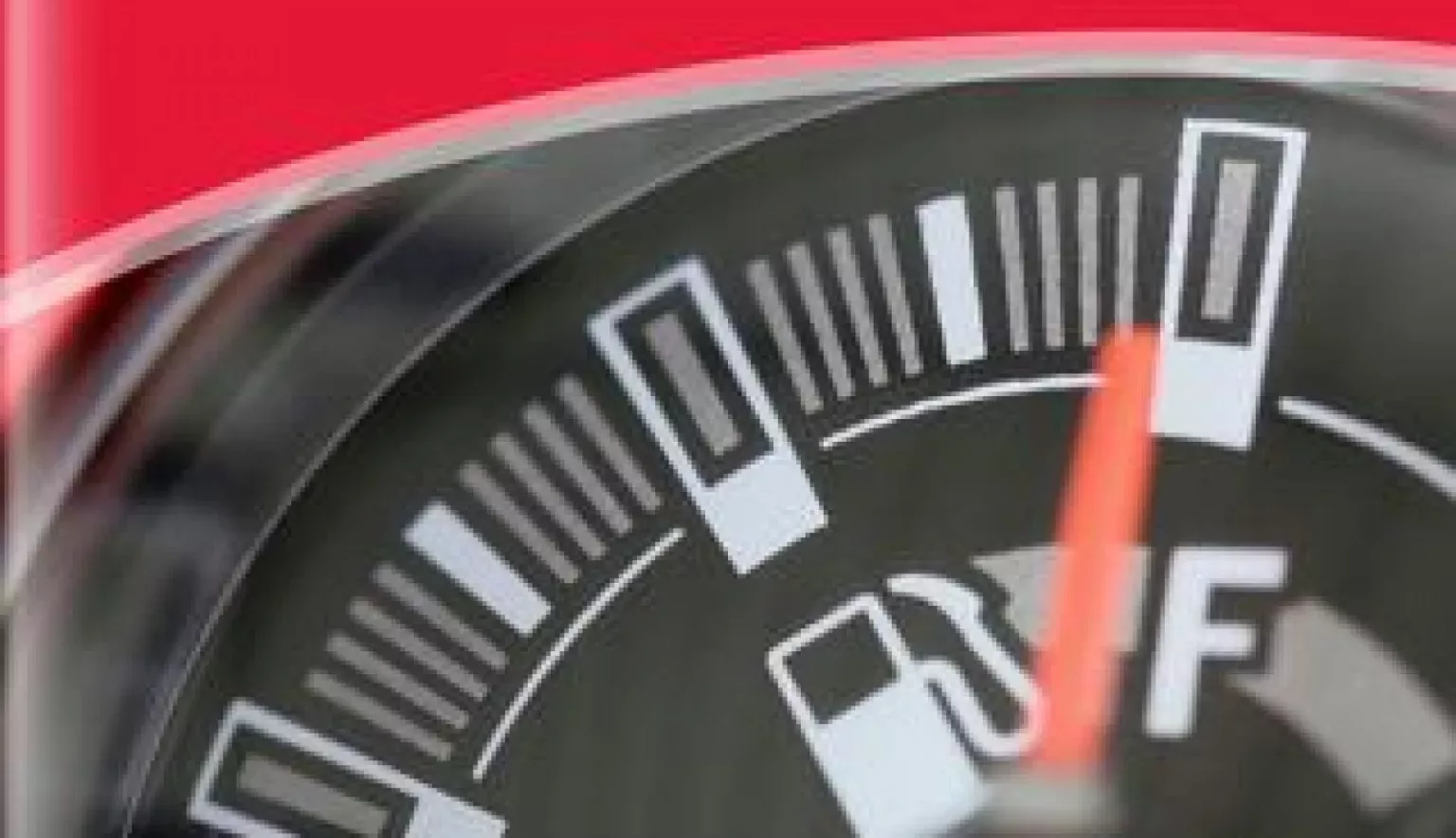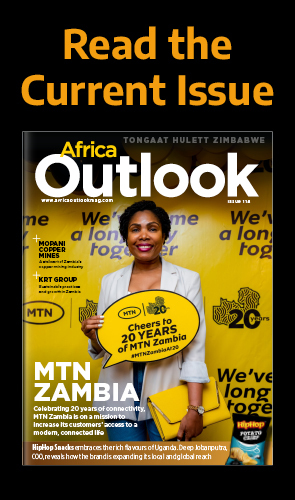As the country’s first wholly owned oil marketing entity, Allied Company Ltd’s innovative outlook is set to drive even more concerted expansion and growth in the years to come.
A BIGGER, BETTER ALLIED
Allied Company Limited’s origins as a nationally significant wholly-owned oil marketing Company in Ghana has certainly provided the platform for the business’s exponential rise over the past 20 years, but it is modern and forward-thinking innovation that compounds this notion in order to remain at the forefront of such a fluctuating industry.
Priding itself as the only indigenous private limited Company offering this kind of service upon its inception in 1996, Allied has grown its portfolio of offerings and indeed clients in order to become the prominent industry player today, “developing and promoting its brands for an ever-evolving yet competitive market”, as the Group explains.
The Company continues: “We are fully committed to providing the highest standard of professionalism in product delivery and customer service. We employ efficient and cost-effective procedures to establish strong and long-term mutually beneficial relationships with our suppliers, customers and transporters.
“We aim to build further on our success to strengthen the brand and ease operational activity for our customers and distributors; making Allied the preferred retailer of choice for petroleum products.”
These goals are carried out across a multitude of core domains; namely bulk distribution, haulage, convenience stores, and the original oil marketing facet. Such vertical integration facilitates its core fuel and lubricant products comprising monogrades, multigrades and synthetic petrol, diesel and lubricants.
“We have had to enhance the quality of our fuels over the years by using additives provided by Afton Chemical. This has replaced our regular fuels and is sold at the same price,” Marketing Manager, Richard Abeam-Danso adds. “Deregulation has led to intense competition; hence we have adopted a strategy to have the lowest price on the market.
“With lubricants, there has been an increase in the number of new cars and luxury cars on the road which has seen an increase in sales across synthetic and multigrade oils which we have also responded to.”
Beginning with the sale of kerosene in major towns, the Company’s evolution in terms of geography – now operational in Ashanti, Accra, Western, Volta, Eastern, and Brong Ahafo regions – as well as its service remit via the unveiling of service stations has replied to existing demand while advancing the market in equal measure.
“Over time, with the building of our service stations, the Company added petrol and diesel products and the demand for lubricants at the forecourts made Allied expand its product line again,” Abeam-Danso says. “To satisfy the higher end market Allied also partnered and imported Castrol lubricants from BP South Africa and later Mobil lubricants from France and Nigeria.”
ADVANCED TECHNOLOGIES
The evolution to Allied in its current guise was completed in 2014 following a rebranding which took the Company completely away from selling regular fuels to the adoption of enhanced fuels, via its affiliation with Afton Chemical. The subsequent DriveMore Super+ and DriveMore Diesel+ products not only responded to the increasing number of modern vehicles being imported into Ghana, but they also thrived on fuel economy to ensure the culmination of progression for a business that had been trying to keep ahead of the industry curve for two decades.
“Allied Company Limited is a private limited liability Company incorporated in Ghana on November 4, 1996 under the Companies Code of 1963 (Act 179),” Abeam-Danso recalls. “The Company commenced business on October 19, 1998 and later, in October, 2003, the Energy Commission issued the Company with a final license under the Energy Commission Act (Act 541).”
Since then, the rate at which Allied has grown and the acumen that the business has displayed in updating its service in line with consumer demand and industry fluctuations has attracted some of the leading lights in global oil & gas. Epitomised by the aforementioned partnerships with Afton Chemicals, Castrol, BP and Mobil, a host of simultaneous deals have been struck with other global peers in order to drive the business’s foremost concern which revolves around innovation.
“In terms of capital investments in recent years, we have spent millions of US dollars,” Abeam-Danso explains. “These include advanced technologies for our Allied+ Fuel Card Payment Solution; and new equipment to replace our Langfeng pumps with Gilbarco pumps.”
When combining these internal optimisations with a series of facility upgrades and new service stations, as well as via new staff and structural enhancements, Allied has successfully rebranded itself from indigenous success story to state-of-the-art turnkey operator status.
SATISFYING CUSTOMER NEEDS
Integral to all investments has been similarly pivotal relationships formed with banks over the years, including with the likes of Visa and MasterCard to encourage each establishment’s customers to buy fuel from Allied stations. Once again, this has been a triumphant fallout from the 2014 rebranding within the Company.
“The essence of our rebranding was to help us distinguish our brand amongst the top 100 oil marketing companies operating in the country,” Abeam-Danso states. “We rebranded to achieve market leadership, to expand our owned station network into all regions, to create new customer following, and lastly to improve on our market share.
“Allied focuses on satisfying customer needs both in the present and the future and this drive makes Allied innovative in coming up with solutions that always meet such needs.”
Abeam-Danso attributes “expansion, expansion, expansion” as being a key driver of this continuous improvement approach, with Allied adding around five new service stations each year.
With every new footprint expansion however, the need to improve its human resource strategy becomes all the more important; ensuring that enough of the right skills are being implemented across the organisation.
“We have been focused on training our staff as well as looking at staff welfare,” Abeam-Danso continues. “Examples include areas of transport, and medical and rent allowances to name a couple; while we have also been innovative, in looking critically at things like supply security, personal values and accountability.
“As such, our employment strategy ensures we hire highly motivated individuals with the necessary attributes to fit our operations; we provide training and development opportunities on a regular basis; we offer competitive remuneration and retention incentives; and most importantly, we place 100 percent emphasis on local content to complement the critical skills we gain from expatriates.”
BIGGER AND BETTER
Over the years, Allied has become renowned in Ghana, not just for the continuous upgrades of its products, but for the subsequent success these products have had in the market to complement its ever-growing footprint of service stations.
Its Allied+ Fuel Card Payment Solution is a prime example of this as an unparalleled fuel card technology developed by the Razio Group in Russia.
“With this our customers enjoy online access to their personal customer account consumption details. Other benefits that we offer include a secure and fraud resistant chip & pin based fuel card technology; pre & post paid fuel card transactions; and an optional radio frequency identification (RFID) tag system that ensures only designated vehicles are serviced.
“This is in response to a growing number of customers becoming more sophisticated, demanding a higher level of satisfaction and convenience. Customers are becoming conscious of the environment where they buy products, are increasingly looking for one-stop shopping, and are becoming more price sensitive.”
In view of these trends, Allied is focusing on training forecourt attendants and instilling advanced levels of customer service, to align with the already advanced levels of the forecourts themselves. The standard of its on-site convenience stores has also been improved, once again honing in on a differentiator of low cost when compared to its key competitors.
“In three-five years’ time I hope to see Allied having become the most valuable brand among the oil marketing companies in Ghana,” Abeam-Danso emphasises in terms of forecasted upshots from this philosophy. “We will look to employ many new technologies across our operations in order to provide enhanced convenience and prices to our customers.
“I hope to see Allied increase the number of its network of stations by at least 20 percent over the same time period and to ultimately become a bigger and better Allied through our strong work ethic, our strong IT attributes, and our strong national presence.

































